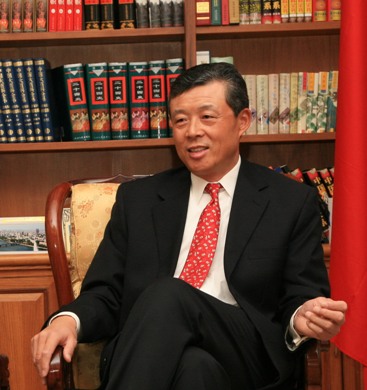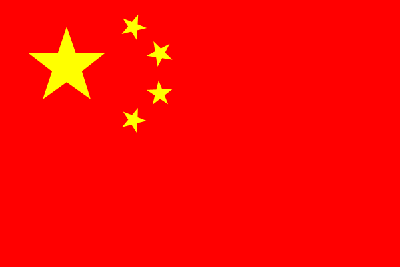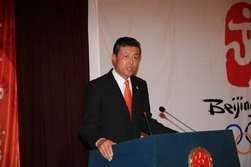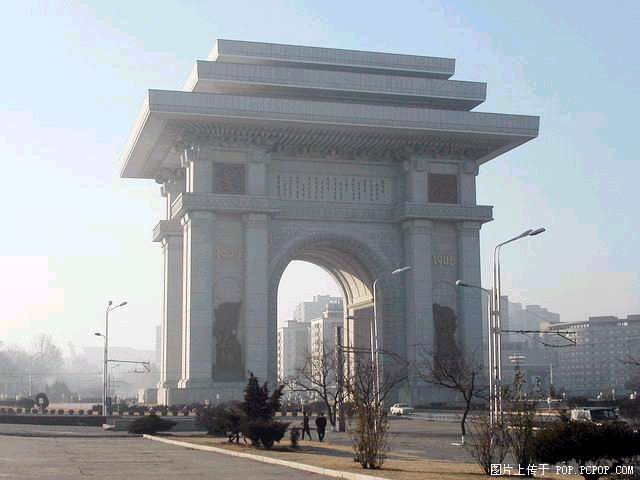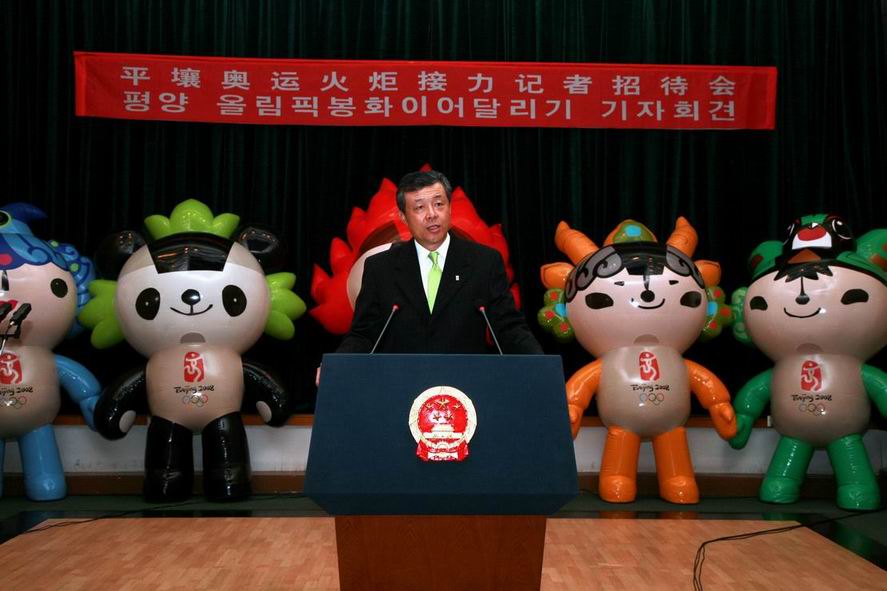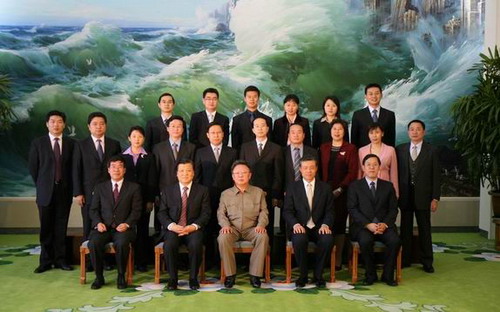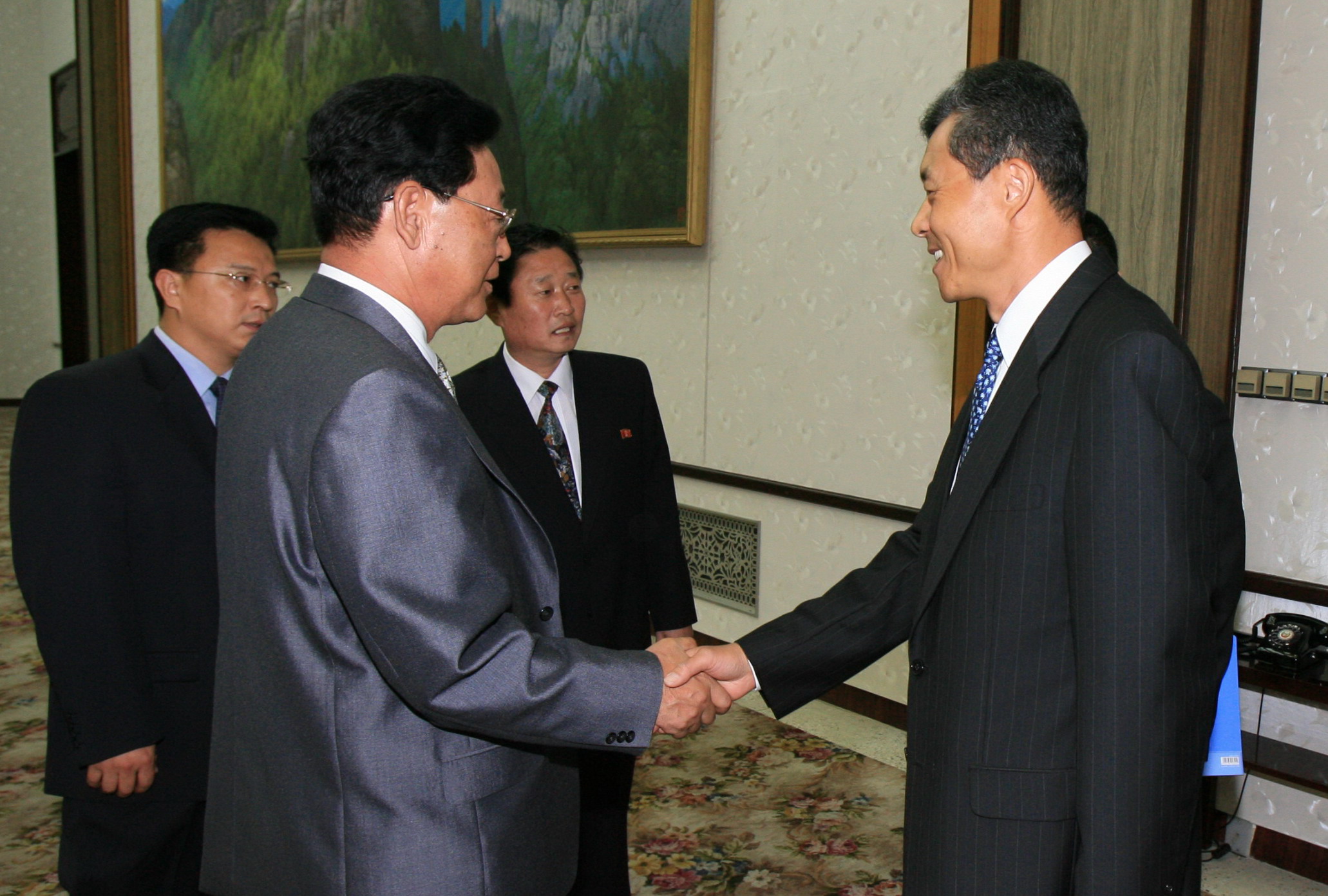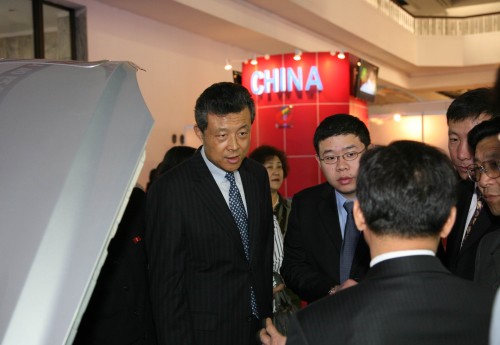SEOUL, Dec. 11 (Xinhua) -- South Korea and the Democratic People's Republic of Korea (DPRK) on Tuesday resumed their daily cross-border railway cargo transportation after a 56-year pause, marking another substantial step forward in inter-Korean relations.
Relations between the two neighbors developed positively this year while progress was also achieved in the denuclearization process on the Korean Peninsula.
The second inter-Korean summit and the adoption of a joint declaration between leaders of the two sides laid the groundwork for the regular inter-Korean high-level dialogue and a wider rangeof economic cooperation.
Bilateral relations deteriorated in October, 2006, when the DPRK conducted a nuclear test, triggering strong opposition from South Korea. The latter suspended humanitarian assistance to Pyongyang in response and the nuclear test also caused an impasse for bilateral government talks.
The tensions were eased on Feb. 13 after the DPRK agreed to shut down and disable its nuclear facilities in exchange for energy aid and the improvement of DPRK-U.S. relations at a joint statement adopted at the six-party talks in Beijing.
In late March, South Korea resumed humanitarian assistance to the DPRK to encourage Pyongyang's efforts toward denuclearization and to push forward the inter-Korean exchanges.
Their relations have warmed since then. Through the resumption of the reunion of separated families, inter-Korean economic talks, ministerial talks and working-level military negotiations, the tensions on the Korean Peninsula have greatly eased.
On May 17, South Korea and the DPRK conducted test runs on two cross-border railways simultaneously. Seoul and Pyongyang completed re-connection of the railway in late 2005 but had failed to put it into use.
The symbolic event of test runs promoted mutual trust and sent out a positive signal to pushing inter-Korean cooperation to a more substantial stage.
Seoul-Pyongyang relations saw a breakthrough during October's inter-Korean summit, seven years after then South Korean President Kim Dae-jung launched the first-ever inter-Korean summit in June 2000.
South Korean President Roh Moo-hyun walked across the demarcation military line (DML) and went to Pyongyang overland, vowing to remove barriers between the two Koreas and to lead the Korean Peninsula along the path of peace and prosperity.
Following a three-day summit with the DPRK's top leader Kim Jong-il, the two leaders signed a joint declaration on Oct. 4, promising to work together to establish a permanent peace mechanism to replace the current truce status on the peninsula and achieve common prosperity through expanding economic cooperation.
Compared with the 2000 summit, which turned inter-Korean ties from confrontation to reconciliation and cooperation, the second summit set a new target of common prosperity and paved the way for furthering the bilateral relationship under the principle of mutual trust and mutual benefit.
In mid-November, the prime ministers of the two sides discussed follow-up measures to implement October's joint declaration and reached a series of agreements on closer and extensive cooperation.
Under the agreements, the two sides will expand their economic cooperation from the current Kaesong industrial complex and Mount Geumgang tourism program to the fields of infrastructure, shipbuilding, communications, mineral resource development and agriculture.
In a bid to regularize dialogue between the two sides, Pyongyang and Seoul established a joint economic committee headed by their deputy prime ministers in December to deal with economic issues.
Following the prime ministerial talks, a number of bilateral talks were held or are planned to be held before the end of this year.
Talks covered inter-Korean cooperation on economic, cultural, humanitarian and environmental issues, such as the tourism program in the DPRK's Mount Paetuk, the establishment of a special cooperation zone around the DPRK's Haeju city and the transportation of a joint cheering squad of the two sides to the 2008 Beijing Olympic Games.
If all those programs move smoothly, inter-Korean relations are expected to move to a new level.
According to the South Korean government, the inter-Korean trade volume has enjoyed an annual growth rate of 24.3 percent since 2000. In 2007, the trade volume is estimated to surpass 1.7 billion U.S. dollars, up 27 percent from 2006.
Economic cooperation is also expected to grow at a faster pace on the back of the latest agreements of inter-Korean economic programs.